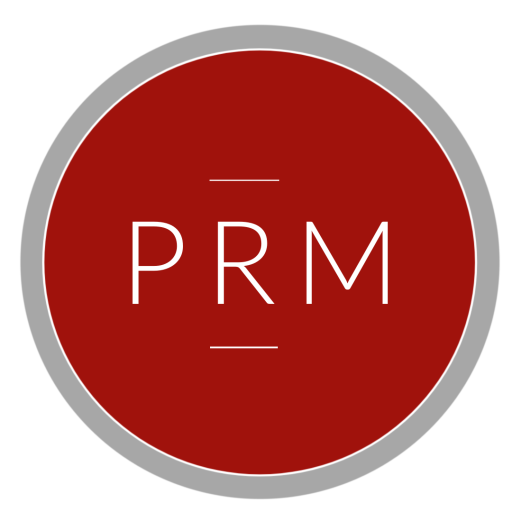Private Investments
There are two over-arching categories of investment: public and private. Public investments such as publicly traded stocks and bonds are generally liquid; meaning, public marketplaces (such as the New York Stock Exchange) exist that enable investors to easily sell their positions for a cash price that the public marketplace dictates daily.
Private investments, on the other hand, are typically illiquid; meaning they do not have a public marketplace through which an investor can easily sell their private investment to convert it to cash. Because of this, private investment is inherently riskier than publicly traded investments.
Brokerage firms refer to these private offerings as Direct Participation Programs and/or Private Placement Investments. Because of their risk, only qualified investors who meet minimum liquid net worth and income thresholds may invest in them.
Those who do meet the income and net worth requirements and want to make a private investment must be willing to accept a high degree of risk and be comfortable losing up to 100% of their investment. The risks coupled with the requirements to invest make private investments (generally speaking) unsuitable for the average investor, and they often generate substantial commissions to the brokerage firm.

